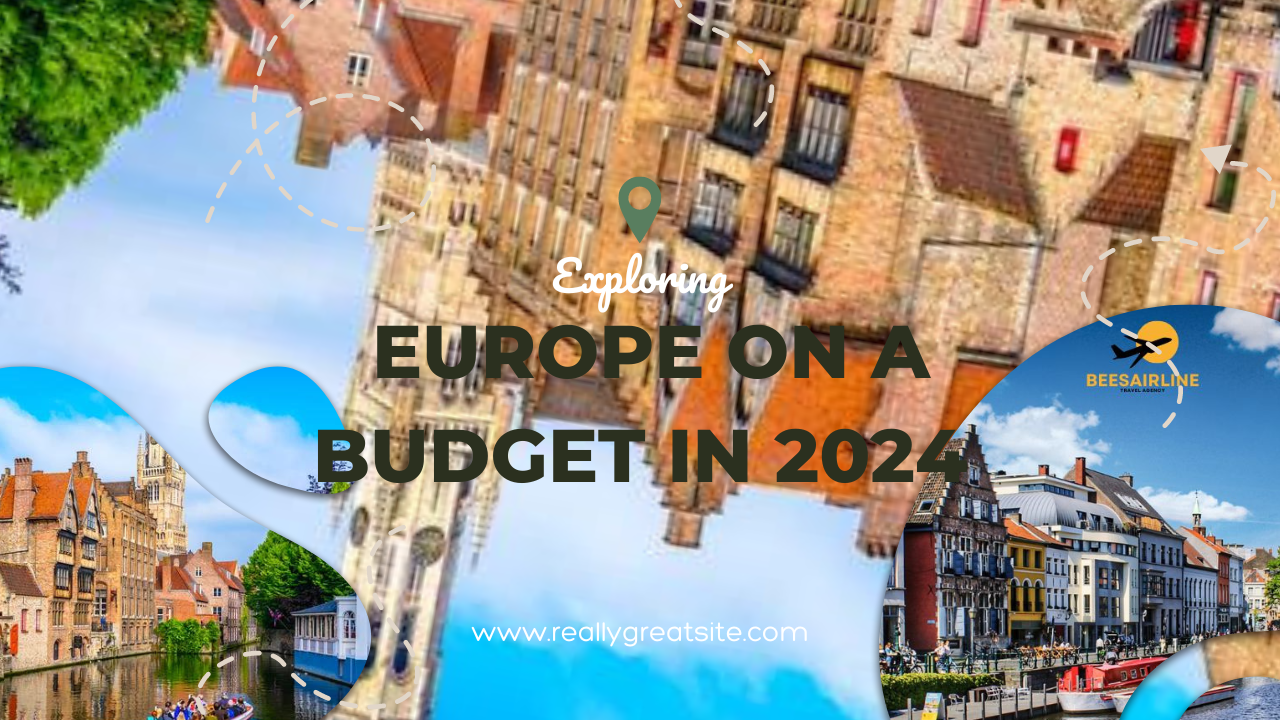Exploring Europe on a Budget in 2024: A Traveler’s Guide
Exploring Europe on a budget in 2024 is not only possible but can also be one of the most rewarding travel experiences you’ll ever have. With its rich diversity of cultures, landscapes, and histories, Europe offers something for everyone—from bustling cities to quiet villages, from sun-soaked beaches to snow-capped mountains. The great news? You don’t have to break the bank to experience it all. With careful planning and some smart decisions, you can soak in Europe’s beauty and culture without overspending.
This guide is designed to provide practical tips and advice for budget-conscious travelers, highlighting some of the most affordable European destinations. We’ll cover navigating transportation, finding cheap accommodation, and enjoying authentic local experiences—all while keeping your budget intact. Whether you’re a seasoned traveler or new to exploring Europe, this guide will help you stretch your euros while making unforgettable memories.
1. Budget-Friendly Destinations: Europe on a budget in 2024
Eastern Europe
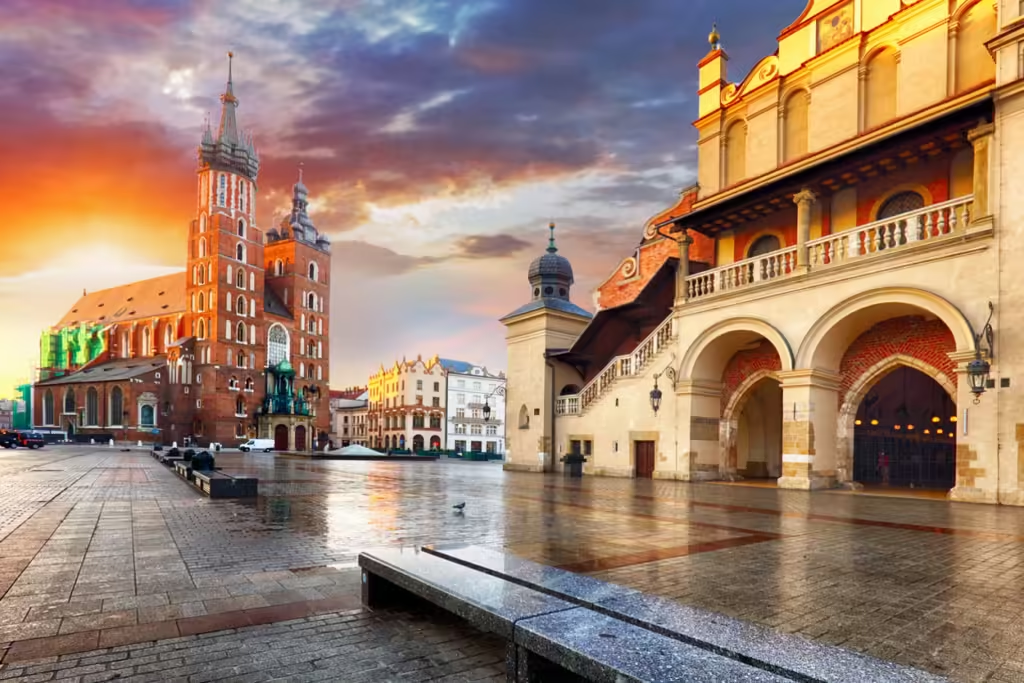
Poland (Kraków, Warsaw)
Poland is a gem for travelers seeking a rich history and vibrant culture. In Kraków, explore the historic Old Town, visit the iconic Wawel Castle, or take a somber trip to the Auschwitz-Birkenau Memorial and Museum. Warsaw blends its resilient post-war history with modern flair. Hearty meals cost under €10, and daily expenses, including accommodation, hover around €50-70.
Czech Republic (Prague)
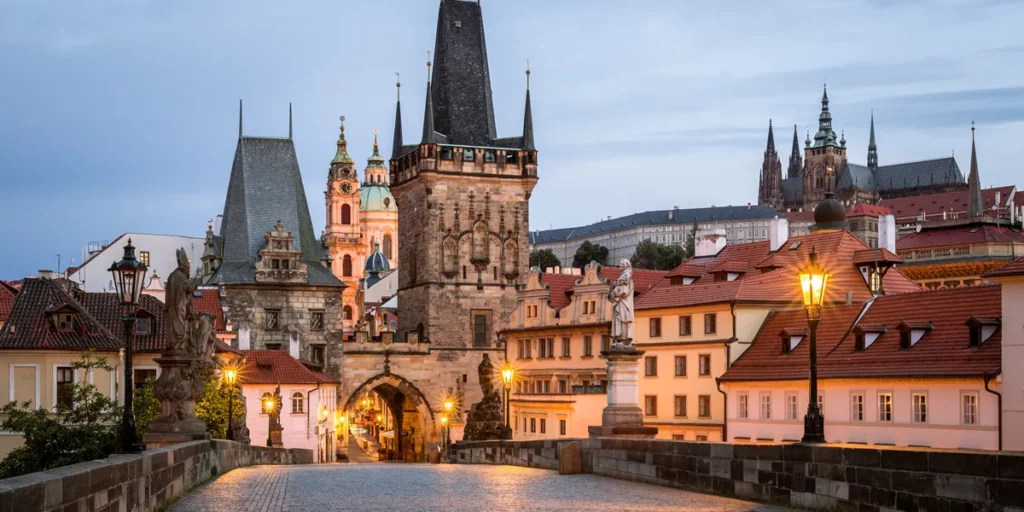
With its stunning medieval architecture, Prague offers a mix of history and affordability. Visit the famous Charles Bridge, Prague Castle, and the Astronomical Clock—all iconic sights that won’t break the bank. Hostels start at around €20 per night, with meals for as little as €5-10. A daily budget of €60-80 is perfect for food, sightseeing, and accommodation in this picturesque city.
Baltic States (Lithuania, Latvia, Estonia)
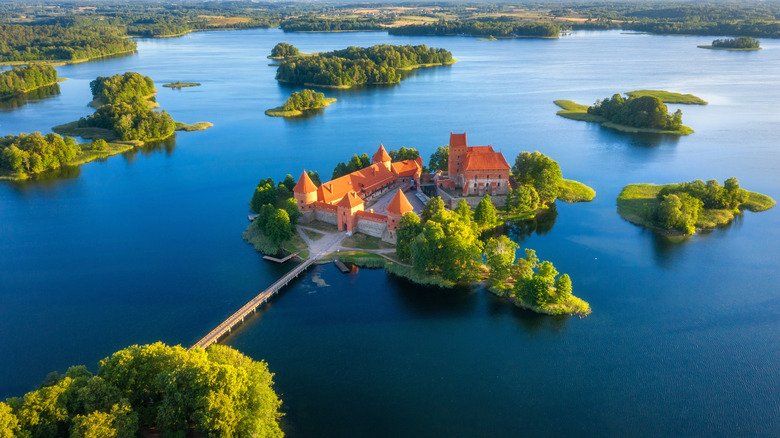
The Baltic States are among Europe’s best-kept secrets. In Lithuania, don’t miss Vilnius’ baroque architecture; Latvia’s Riga boasts impressive Art Nouveau buildings; and Tallinn in Estonia is known for its well-preserved old town. Costs are lower than in Western Europe, with meals starting at around €10 and hostels from €15-30 per night.
Southern Europe
Portugal (Lisbon, Porto)
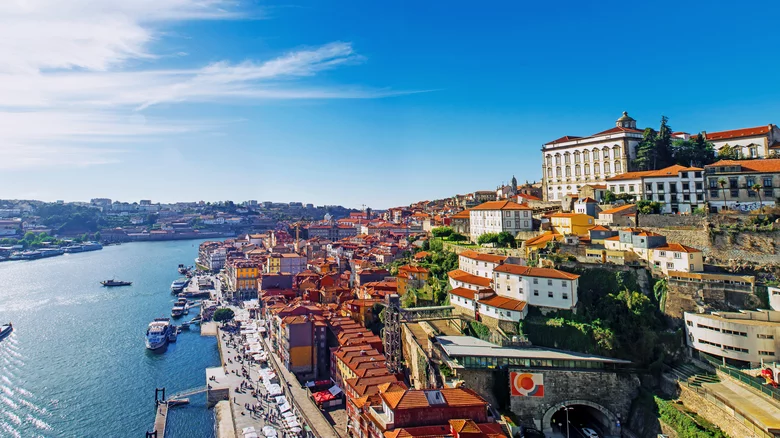
Portugal is often regarded as one of Western Europe’s most affordable destinations. Lisbon and Porto offer a delightful mix of culture and low-cost living. Explore Lisbon’s narrow streets, visit the historic Belém Tower, and enjoy a plate of bacalhau (salted cod) for under €15. Accommodation starts as low as €20 per night.
Greece (Crete, Thessaloniki)
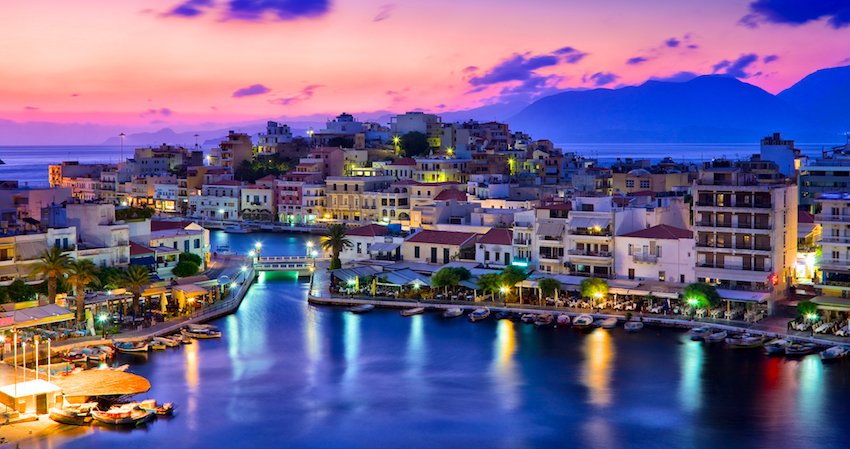
While some of Greece’s famous islands can be expensive, places like Crete and Thessaloniki offer budget-friendly alternatives. Enjoy beautiful beaches and ancient ruins in Crete or immerse yourself in Thessaloniki’s vibrant arts scene without the high costs of Athens or Santorini. Accommodations start at €30 per night.
Western Europe
Spain (Valencia, Seville)
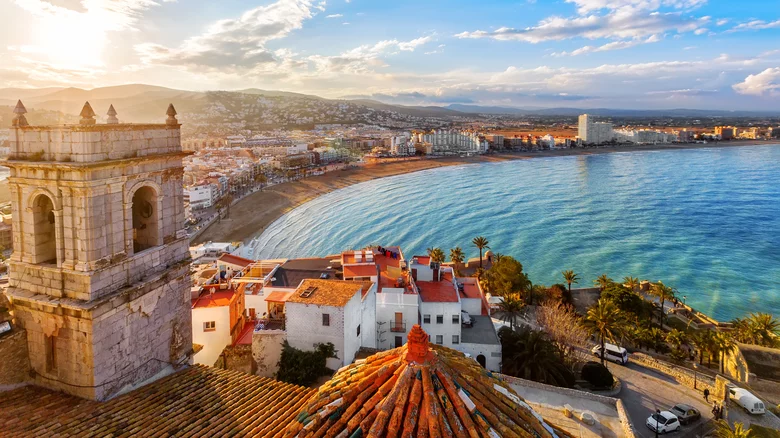
Spain is often associated with pricier cities like Barcelona and Madrid, but Valencia and Seville offer all the charm at a fraction of the cost. In Valencia, explore the futuristic City of Arts and Sciences or relax on the beach. Seville’s flamenco dancing and grand Alcázar palace also shine without breaking the bank. Expect daily expenses of around €60-90.
Ireland (Galway, Cork)

Ireland can be pricey in popular spots like Dublin, but cities like Galway and Cork save you money without sacrificing experience. Galway’s charming cobblestone streets and lively arts scene offer affordable accommodations and hearty meals. Explore Ireland’s natural beauty and culture while staying within a reasonable budget.
2. Transportation Tips For Europe on a budget in 2024
Traveling across Europe can be affordable and efficient with the right options. Here are some tips to help you save on travel costs.
Budget Airlines
Europe is home to several budget airlines like Ryanair, EasyJet, and Wizz Air, offering low fares—sometimes as cheap as €10 for a one-way flight when booked in advance.
- Book Early: Secure the cheapest tickets by booking months in advance.
- Be Flexible: Use search engines like Sky scanner to find the lowest fares, often available mid-week.
- Avoid Extra Fees: Stick to hand luggage, check in online, and skip unnecessary add-ons.
Trains and Buses
For those who prefer overland travel, buses often offer a cheaper alternative. FlixBus operates across Europe with tickets as low as €5-20 for long-distance routes.
- Cost Comparison: Buses are typically cheaper than trains, but trains can be faster and more comfortable.
Public Transport
Once you’re in a city, public transport is the most cost-effective way to get around. Many cities offer tourist passes for unlimited travel, often with discounts on attractions.
- Walking and Biking: Don’t underestimate the value of walking or renting bikes in cities like Amsterdam or Copenhagen.
3. Accommodation Options
Finding affordable places to stay is crucial for budget travelers.
Hostels
Hostels are often the most affordable option, offering shared dormitory-style rooms and a chance to meet fellow travelers.
- Why Hostels? Many come with free Wi-Fi, shared kitchens, and social areas.
Airbnb
For groups or those seeking privacy, Airbnb offers rooms and apartments, often more cost-effective than hotels.
- Cost Expectations: In Eastern Europe, private apartments start from €30-50 per night.
CouchSurfing
For the ultimate budget accommodation, CouchSurfing connects travelers with locals willing to offer free stays.
- Using CouchSurfing Safely: Choose hosts with positive reviews and clear communication.
4. Dining on a Budget
Eating in Europe doesn’t have to be expensive. Here are tips to keep your food expenses low:
Local Markets
Visit local markets for fresh produce and affordable snacks. Street food stalls offer authentic meals for under €10.
Lunch Specials
Take advantage of lunch specials that include a main dish and drink for a fraction of the dinner cost.
Cooking Your Own Meals
If your accommodation has kitchen facilities, buy groceries and prepare your own meals to save money.
5. Free Activities
Europe is full of free or low-cost activities:
Free Walking Tours
Many cities offer free walking tours led by knowledgeable guides, providing a great introduction to local history and culture.
Museum Free Entry Days
Some museums offer free entry on specific days or times—perfect for saving on entry fees.
Parks and Nature
Enjoy stunning public parks and natural spaces without spending a dime. Whether it’s a picnic in Retiro Park or hiking in the Scottish Highlands, there are countless ways to enjoy Europe for free.
Conclusion
Traveling through Europe on a budget in 2024 is not only possible but incredibly enriching. By choosing affordable destinations and utilizing budget-friendly transportation, accommodation options, and dining strategies, you can stretch your travel budget without sacrificing memorable experiences. Careful planning and smart choices will make your European adventure both affordable and unforgettable.
FAQ for Europe on a budget in 2024
1. What are the cheapest countries to visit in Europe?
Eastern European countries like Poland, Hungary, and the Czech Republic are among the most budget-friendly, along with Portugal and some parts of Spain and Greece.
2. How can I find the best deals on flights to Europe?
Use flight comparison websites like Skyscanner, be flexible with your dates, and consider flying into less popular airports.
3. Are hostels safe for solo travelers?
Yes, many hostels are safe, especially those with good reviews. Look for key card access and lockers for your belongings.
4. What are some tips for dining on a budget in Europe?
Eat at local markets, take advantage of lunch specials, and consider cooking your own meals.
5. How can I find free activities in European cities?
Research free walking tours, museum free entry days, and local parks before your trip. Use apps and travel blogs to discover hidden gems.

